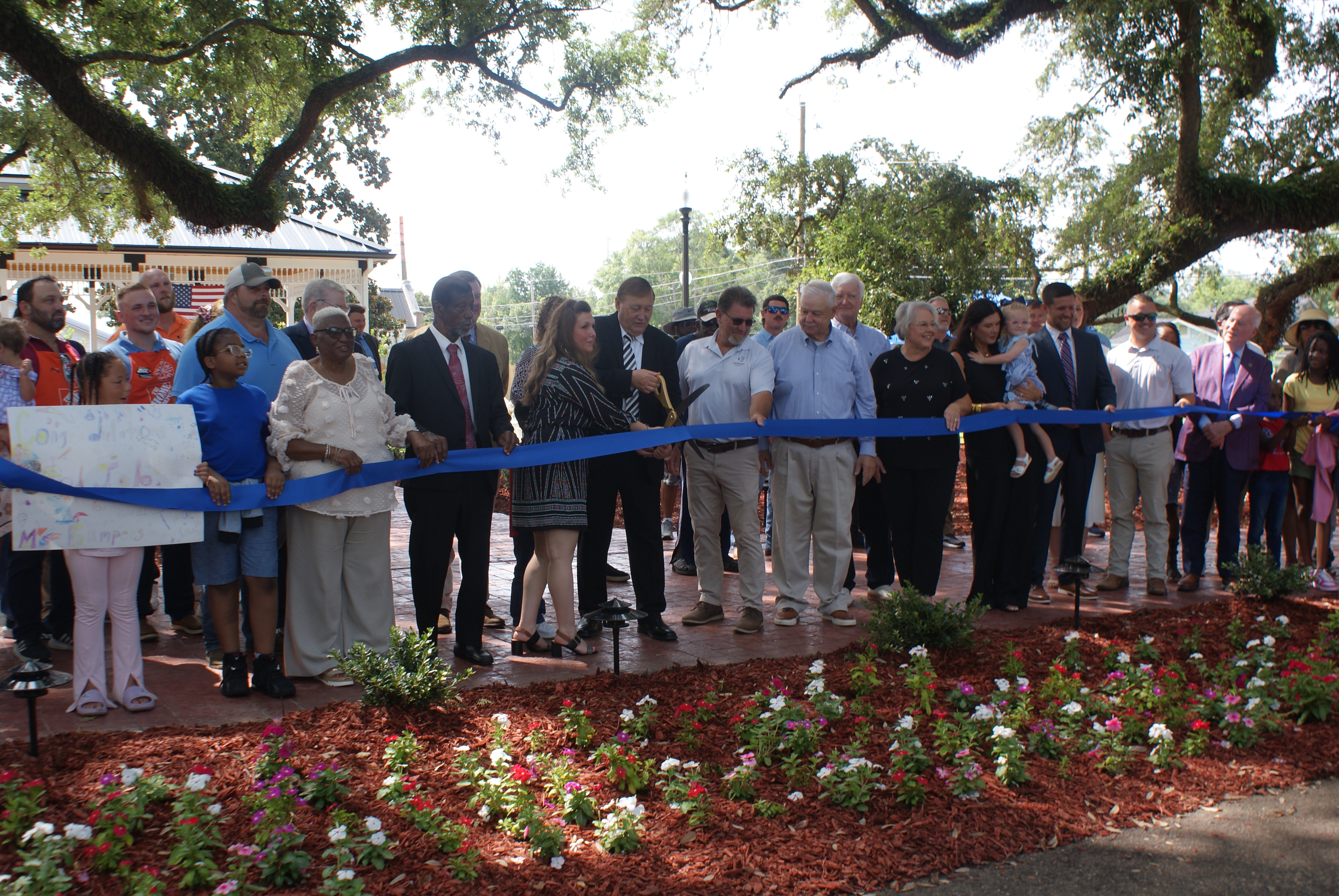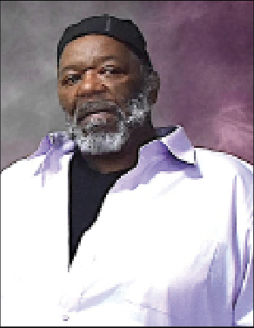Miss. Vietnamese community rely on each other
Published 6:13 pm Tuesday, October 9, 2007
Bien Bo lost track of his love, Tuat Nguyen, about 40 years ago when he joined the South Vietnamese army and war tore his country apart before expelling him from his homeland altogether.
Bo, 71, lost everything again in 2005 to Hurricane Katrina; his Biloxi home, two cars, his shrimp boat that was his livelihood, all of which were uninsured. He wandered in a daze around town following the storm after barely surviving the surge, depressed and mentally adrift, until he decided to visit an old friend.
He walked into the living room and there she was, Nguyen, his love lost so long ago.
Bo’s friend was Nguyen’s sister, and Nguyen, 63, was visiting from California after Katrina to help.
They cried, hugged, laughed and have been merrily side by side ever since, she a widow and he with a wife severely disabled by stroke.
Bo and Nguyen’s story illustrates how South Mississippi’s Vietnamese community has survived the sometimes debilitating mental strain of post-Katrina life.
The Vietnamese community came together for support and healing. Despite the destruction in the center of their community, Point Cadet, they have shown remarkably few outer signs of strain or mental decay.
The Vietnamese community, already slightly separated from their neighbors by language and cultural barriers, sought refuge within themselves. The post-Vietnam war Vietnamese community service organization, Boat People SOS, set up offices in Biloxi for the first time ever post-Katrina, and many in the Vietnamese community received help and support from it.
Many in the Vietnamese community here were expelled or fled from Vietnam after 1975 and are war refugees. Some may say that because they survived a horrible war, perhaps Katrina was not that bad for them.
Not so, said William Gasparrini, who runs the Applied Psychology Center in Biloxi and has studied post-traumatic stress disorder in depth.
“That wouldn’t necessarily fit with the theoretical understanding of PTSD,” said Gasparrini, adding that often, PTSD sufferers are made worse and prone to flashbacks after experiencing additional traumatic events.
“It’s normally thought that earlier traumatic stress events don’t inoculate you. It could be strong community ties or preference to not reveal emotional stress.”
Thao Vu, who manages the Biloxi office of Boat People and is a Biloxi native, said it is a healthy combination of the two.
“There hasn’t been any easy time at all,” Vu said, adding that domestic violence and alcoholism are on the rise, but only slightly, post-Katrina amongst the Vietnamese on the coast.
Vu said she works hard to help others to deal with the storm’s strain.
Both Catholic priest Dominic Phan Duc Dong and Buddhist monk Thien Tri claim none of the several hundred Vietnamese people who regularly attend their places of worship in Biloxi have reported storm-related emotional problems to them.
Mostly, they talk about spiritual crises or joblessness or a lack of affordable housing, but almost never depression.
However, one of the temple’s attendees, Kim Nguyen, 59, who had a harrowing post-storm experience, said she looked forward to going to temple so she could meet with the other women her age to talk about how sad they were.
Kim Nguyen said she liked to sit, chant, meditate, gossip, cry a little, compare storm recovery stories and then go home.
“When I leave from there, I feel relieved,” she said through a translator.
There are no Vietnamese-speaking counselors or psychiatrists on the coast, but Gasparrini said he has occasionally gotten Vietnamese people into his office post-Katrina.
“It’s kind of odd, the most frequent reason they come to the office is requesting an evaluation to document that they don’t have psychological problems so they can have a form filled (out for) the Vietnamese government so they can go get a bride in Vietnam.
“They’re trying to document that they’re mentally fit to marry a bride in Vietnam. It’s not a mail-order bride situation. They’re just required to fill out these forms. It has to be signed and notarized by a psychologist,” Gasparrini said.





